In 2026, more women are looking not just to lose weight—but to build sustainable habits, feel confident, improve health markers (blood sugar, cholesterol, hormones), and maintain mental wellness. With all the options, knowing which weight loss program works best for women’s unique physiology, lifestyle, and life stages (young adult, postpartum, menopause) is key.
Here are the top 10 weight loss programs in the USA that are showing real results in 2025-2026, with details on cost, pros & cons, who they’re best suited for, and what science says.
What Makes a Program “Actually Work”
Before we dive in, good to know what criteria were used:
-
Evidence/clinical data showing average weight loss & sustainability
-
Programs that adapt for women: hormone changes, menopause, postpartum, etc.
-
Balanced focus on diet, physical activity, behavior change, coaching/support
-
Flexibility & lifestyle compatibility
-
Value for cost & long-term results
The Top 10 Programs That Deliver
| # | Program | Why It’s Strong in 2026 | Best Fit | Cost / Typical Results* |
|---|---|---|---|---|
| 1 | WW (WeightWatchers) | Recently revamped its platform to include GLP-1 medication support (e.g., Ozempic, Wegovy) via telehealth; strong community & behavioral coaching. Forbes+3Reuters+3TIME+3 | Women going through menopause; women wanting flexible food choices; those who want hybrid (app + in-person) coaching | Membership ~$23/month + premium features; average weight loss ~5–10% in first year if active with support Forbes+2U.S. News Santé+2 |
| 2 | Noom | Focuses on the psychological side: triggers, mindset, habits. Great interface and coaching. Shows strong short-term weight loss. Healthline+2Forbes+2 | Younger women; those who prefer app-based, daily lessons; want to understand “why I eat” | Varies, often ~$40–60/month depending on plan; results depend on engagement |
| 3 | The Mayo Clinic Diet | Very credible: designed by dietitians, includes multiple plans (Mediterranean, vegetarian, etc.), adapted for women at different life stages; emphasizes sustainable habit change. Mayo Clinic Diet | Women past 35; those dealing with plateau/glucose/hormone issues; those wanting medically sound advice | Moderate cost; average loss 5%+ of body weight; those who fully follow may lose more |
| 4 | Nutrisystem | Prepackaged meals + structured guidance simplify planning; good for women who struggle with meal prep or portion control. Healthline+2U.S. News Santé+2 | Busy professionals, postpartum moms, people who want convenience | High cost when using full meal plan; less flexibility; weight loss depends on adherence |
| 5 | Atkins / Low-Carb Programs | Low carbohydrate diets are still effective for many women—especially those with insulin resistance, or for early weight loss; more data emerging. Forbes+1 | Women with metabolic syndrome/insulin resistance; those who enjoy protein-rich diets | Can be lower food cost but possible high grocery cost; adjustments needed for long-term health |
| 6 | Meal Delivery + Prepped Plans (e.g. Nutrisystem, Freshly, others) | Helps remove friction: no need to plan or cook; portion-controlled; many now integrate nutrition coaching and mobile tracking. | Women juggling work, family, little free time | Expensive; can lag in satisfaction if meals are repetitive; sustainability varies |
| 7 | Hybrid Fitness + Nutrition Coaching (Gyms + Virtual) | Combining strength training + cardio + nutrition yields better outcomes, especially for body composition and confidence. Many programs now offer virtual/hybrid options. | Women wanting muscle tone + fat loss; those who want boost to metabolism, posture, mood | Gym/coach costs + nutrition coaching; results vary with consistency |
| 8 | Doctor / Clinic-Led Programs with Medication | With FDA approval of certain weight-loss drugs (GLP-1s, etc.), programs that pair lifestyle change + medication are outperforming lifestyle-only programs for many. WW is moving this direction. TIME+2Reuters+2 | Women with medical needs: high BMI, metabolic disorders, difficulty losing weight with lifestyle alone | Drug cost, insurance issues; side effects; need medical monitoring |
| 9 | Behavioral & Psychology-Focused Apps / Programs | Learning behavior change (mindful eating, stress eating, triggers, sleep) is crucial. Noom, WeightWatchers, and other apps increasing offerings here. | Women who eat emotionally; those who have tried diets without maintenance | Less cost; price dependent on subscription; outcomes tied to mindset work |
| 10 | Community or Peer-Support Programs | Support groups, social accountability, both in person or via apps; helps maintain motivation, sustainability. | Anyone needing accountability & motivation; women who feel isolated in wellness journey | Low to moderate cost; much depends on peer quality & consistency of participation |
*Typical results vary widely depending on initial weight, consistency, medical conditions. Always consult with health professionals.
Key Trends for 2026
-
Integration with Weight-Loss Drugs: GLP-1 medications (like Ozempic, Wegovy, Zepbound) are becoming part of lifestyle programs. Programs that combine medication + coaching/nutrition show greater results for many women. TIME+2The Washington Post+2
-
Customization by Stage of Life: Postpartum, perimenopause & menopause programs getting more attention (WW’s menopause-focused offerings). Reuters+1
-
Digital & Hybrid Models Dominate: Apps + telehealth coaching + virtual support are now essential; in-person only programs are less flexible.
-
Focus on Behavior & Psychology: Emotional eating, stress, sleep—recognition that diet + exercise alone aren’t enough.
How to Choose the Right Weight Loss Program for You
-
Assess your medical background: BMI, metabolism, pregnancy/postpartum, menopause, insulin resistance.
-
Decide your preferred format: Prepackaged meals? App-based? In-person coaching? Hybrid?
-
Set realistic goals: Safe weight loss is ~1–2 lbs per week.
-
Look for support & accountability: Coaching, group meetings, trusted apps.
-
Check cost & sustainability: Can you afford the program long-term? Will you maintain without huge expense?
-
Medical supervision if needed: For meds, metabolic conditions, etc.
Pros & Cons Summary
| Program | Pros | Cons |
|---|---|---|
| WW | Great support, options for meds, flexible | Cost, some features behind paywalls, in-person can be inconvenient |
| Noom | Behavior change focus; good app; mental health aspect | More study needed on long-term maintenance; cost accumulates |
| Mayo Clinic Diet | Clinically credible, flexible plans | Requires discipline; less “quick fix” appeal |
| Nutrisystem / Meal delivery | Convenience, removes guesswork | Expensive; possible food monotony; packaging / sustainability issues |
| Low-carb / Atkins | Fast early losses; good for metabolic health | Hard to sustain; might need more variety; mindful of fat sources |
FAQs
Q1. Can weight-loss apps really work for me?
Yes—apps are effective especially if they include behavior change, tracking, reminders, community, and coaching. Their success depends on your consistency. They work best when combined with physical activity and healthy eating—not just logging.
Q2. What about using medication or drugs for weight loss?
Medications (such as certain GLP-1s) can help, particularly for women with obesity or metabolic issues. But they’re most effective when combined with lifestyle changes: nutrition, movement, sleep, managing stress. You need medical supervision, as there are side effects and insurance coverage issues.
Q3. Are prepackaged meal plans worth the cost?
They are worth it for many women who struggle with planning, portion control, or who have busy schedules. However, cost, food quality, variety, sustainability, and ability to transition off the program long-term are key factors.
Q4. How much weight can I expect to lose?
Many programs target a loss of about 5-10% of body weight over 6-12 months with steadfast adherence. Some aggressive or medically supervised ones may offer more but also require more risk and cost.
Q5. Can I use several programs together?
You could combine elements: e.g., an app + coaching + occasional meal delivery. But avoid overlapping paying for multiple full programs; coordination and consistency are more important than sheer variety.
Conclusion
If you’re a woman ready in 2026 to make a change, the right program is out there. It doesn’t have to be perfect—just one that matches your life, medical needs, and long-term goals. Programs like WW, Noom, Mayo Clinic Diet and hybrid models with medication support are leading the way.
Begin by choosing the program that fits your style, start small, stay consistent, lean into support, and track progress. Your strongest, healthiest, most confident self is possible.
WeightWatchers / WW & GLP-1 Integration
-
In 2025, WW (formerly WeightWatchers) expanded collaboration with Novo Nordisk to integrate Wegovy® (a GLP-1 medication) with its behavioral and nutritional support. WeightWatchers
-
WW also launched a GLP-1 Companion Program designed to support people taking GLP-1 medications, focusing on protein, appetite, and movement guidance. WeightWatchers
-
But WW also filed for Chapter 11 bankruptcy protection in 2025, signaling the challenge of competing in a weight-loss market now dominated by prescription medications. Reuters+2Reuters+2
Noom & Digital Weight Loss Evidence
-
A 2.5-year weight management trial showed Noom led to sustained weight loss when compared with digital controls. PMC
-
Observational data suggest many Noom users maintain weight loss long term, though adherence and engagement are key predictors of success. PMC+1
-
Noom’s own research shows that users without a history of cancer lost ~7 kg in 16 weeks, while those with a cancer history lost ~5.3 kg, showing effectiveness across populations. Noom: Lose weight and keep it off.
-
A controlled clinical trial using Noom in patients with NASH (non-alcoholic steatohepatitis) found significantly greater weight loss vs standard care over 16 weeks. Lippincott
Emerging Tech & Personalization in Weight Loss
-
Researchers are using wearable devices and AI to predict which individuals will succeed in weight loss, achieving classification accuracy up to ~84.4% in a trial. arXiv
-
Another study explored financial incentives in mobile weight loss interventions, tailoring incentives based on user response as a way to improve engagement. arXiv
Other Relevant Programs & Registries
-
Eat Smart, Move More, Weigh Less is a 15-week evidence-based program in the U.S. that emphasizes small sustainable changes in eating and activity behavior. Wikipédia
-
The National Weight Control Registry (NWCR) tracks people who have lost ≥ 30 lbs and kept it off for ≥ 1 year. Over 80% of its members are women, offering insight into long-term maintenance strategies. Wikipédia
📚 Suggested External Links for Readers / Reference Section
-
WW & Novo Nordisk GLP-1 Collaboration: https://corporate.ww.com/news/news-details/2025/WeightWatchers-and-Novo-Nordisk-Expand-Collaboration-to-Improve-Medication-Access-Through-Trusted-Holistic-Model-of-Care/ WeightWatchers
-
Noom 2.5‐Year Weight Management Study (PubMed / PMC): https://pmc.ncbi.nlm.nih.gov/articles/PMC9419047/ PMC
-
Noom Research Publications: https://www.noom.com/research/publications/ Noom: Lose weight and keep it off.
-
WW’s GLP-1 Companion Program Announcement: https://business.weightwatchers.com/2023/behavior-change-program-to-support-individuals-on-glp-1-medications WeightWatchers
-
Digital Weight Loss Intervention Impact (mHealth Journal): https://mhealth.jmir.org/2023/1/e47473 JMIR mHealth and uHealth
-
AI + Wearables for Personalized Weight Loss: https://arxiv.org/abs/2409.08700 arXiv
You can place these under headings like:
Further Reading & References
• WW–Novo Nordisk GLP-1 Partnership
• Noom Long-Term Outcome Trial
• Noom Research Library
• WW’s GLP-1 Companion Program
• mHealth Digital Intervention Study
• AI & Wearable Devices in Weight Loss
• Eat Smart, Move More, Weigh Less Program
• National Weight Control Registry
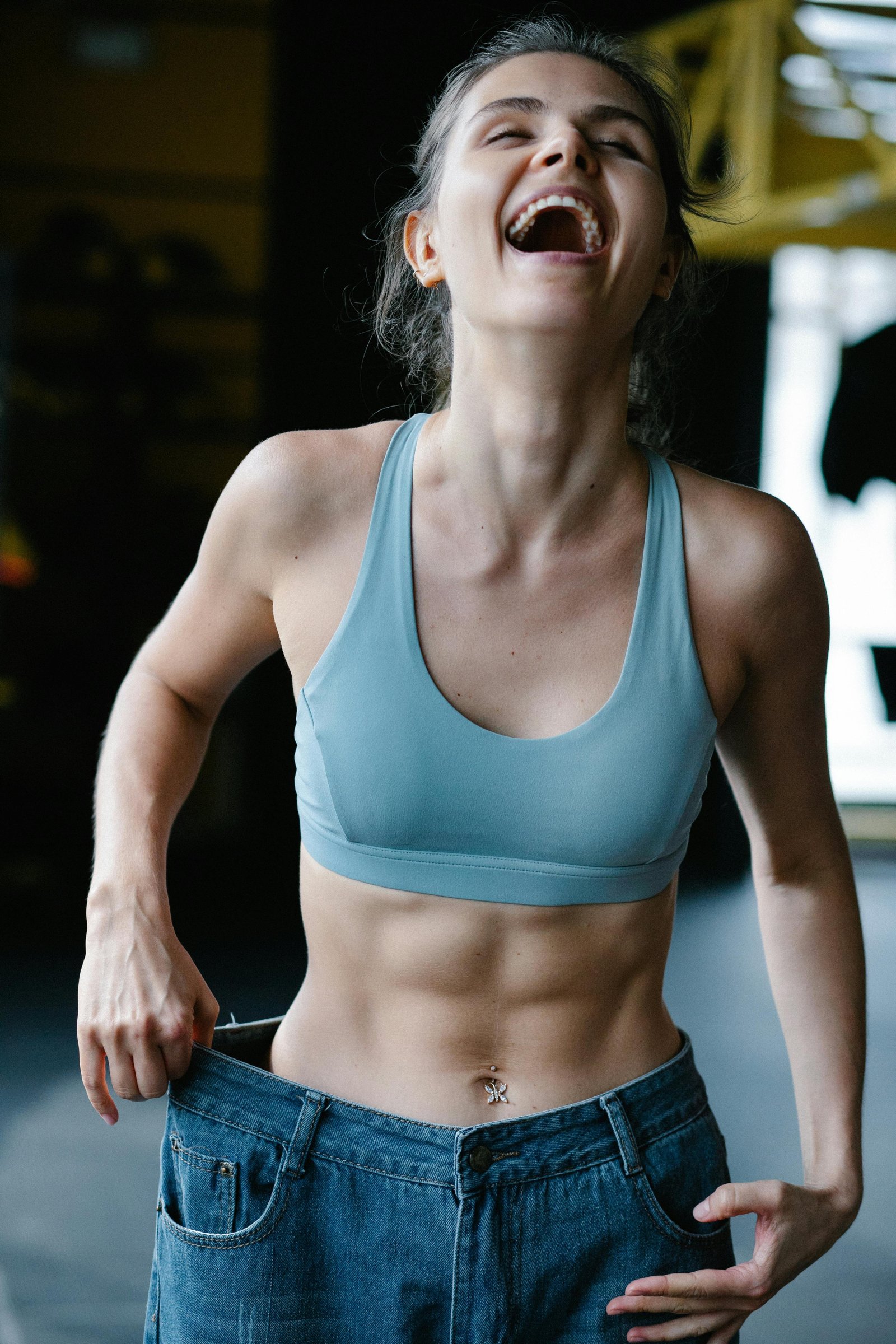
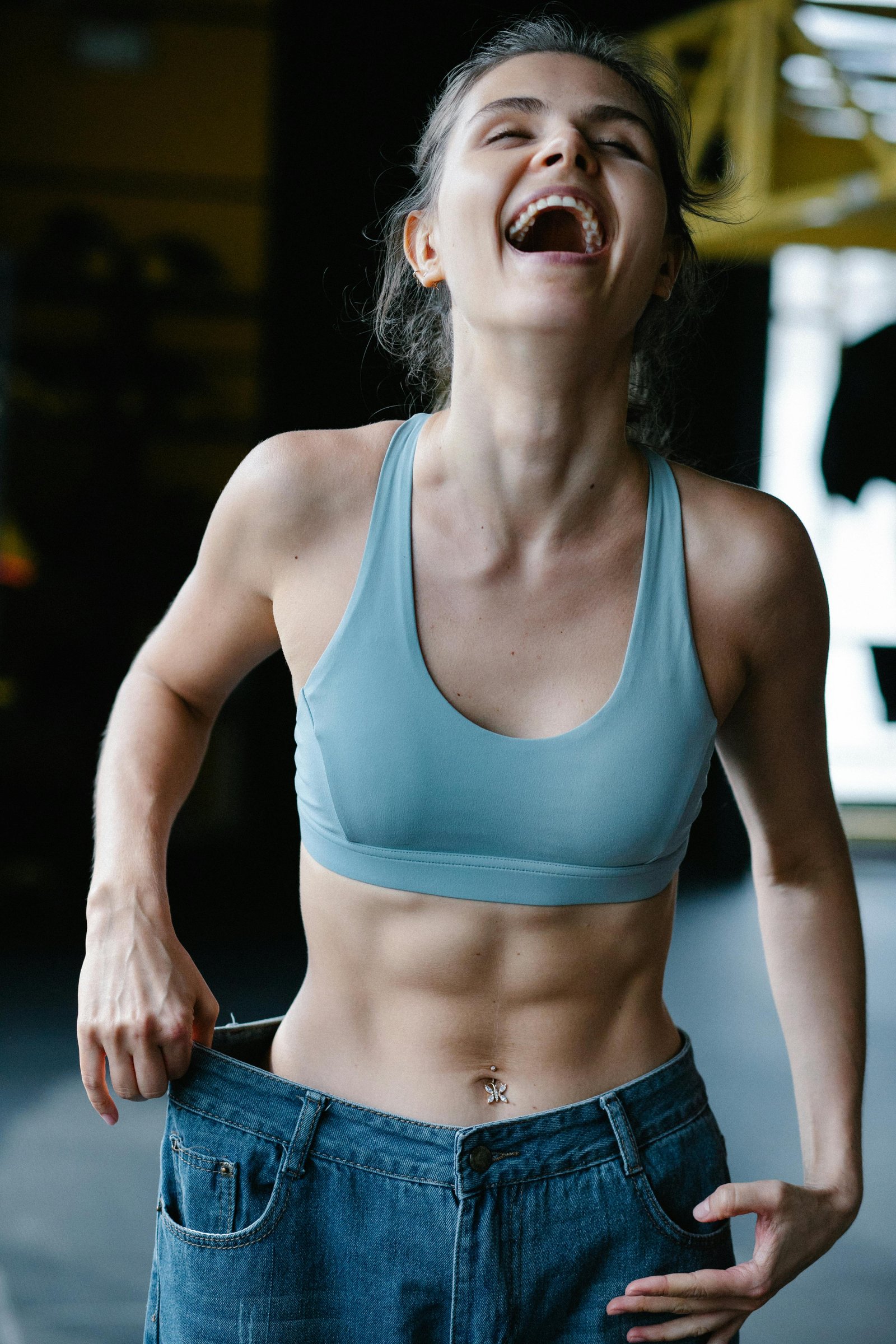
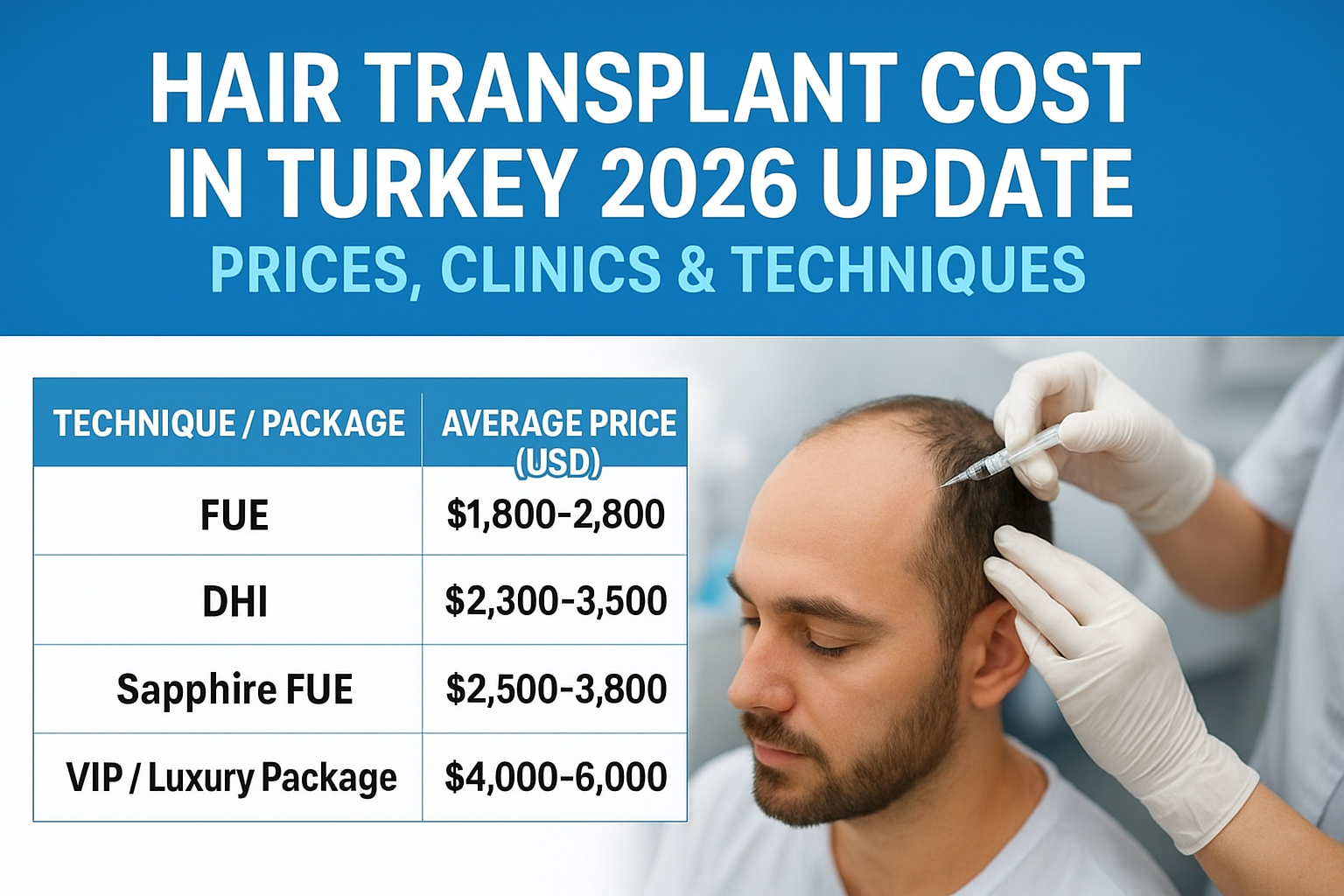
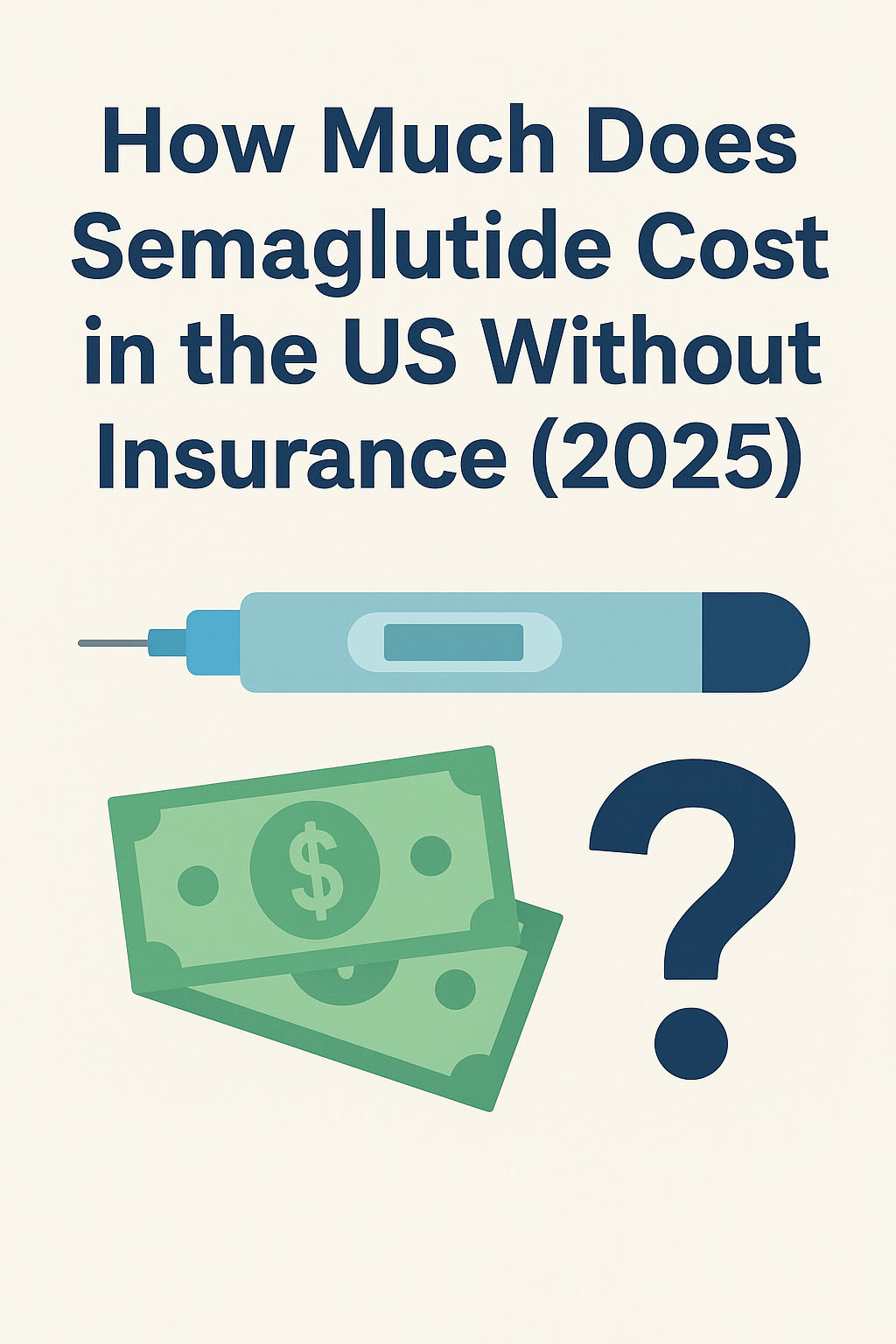
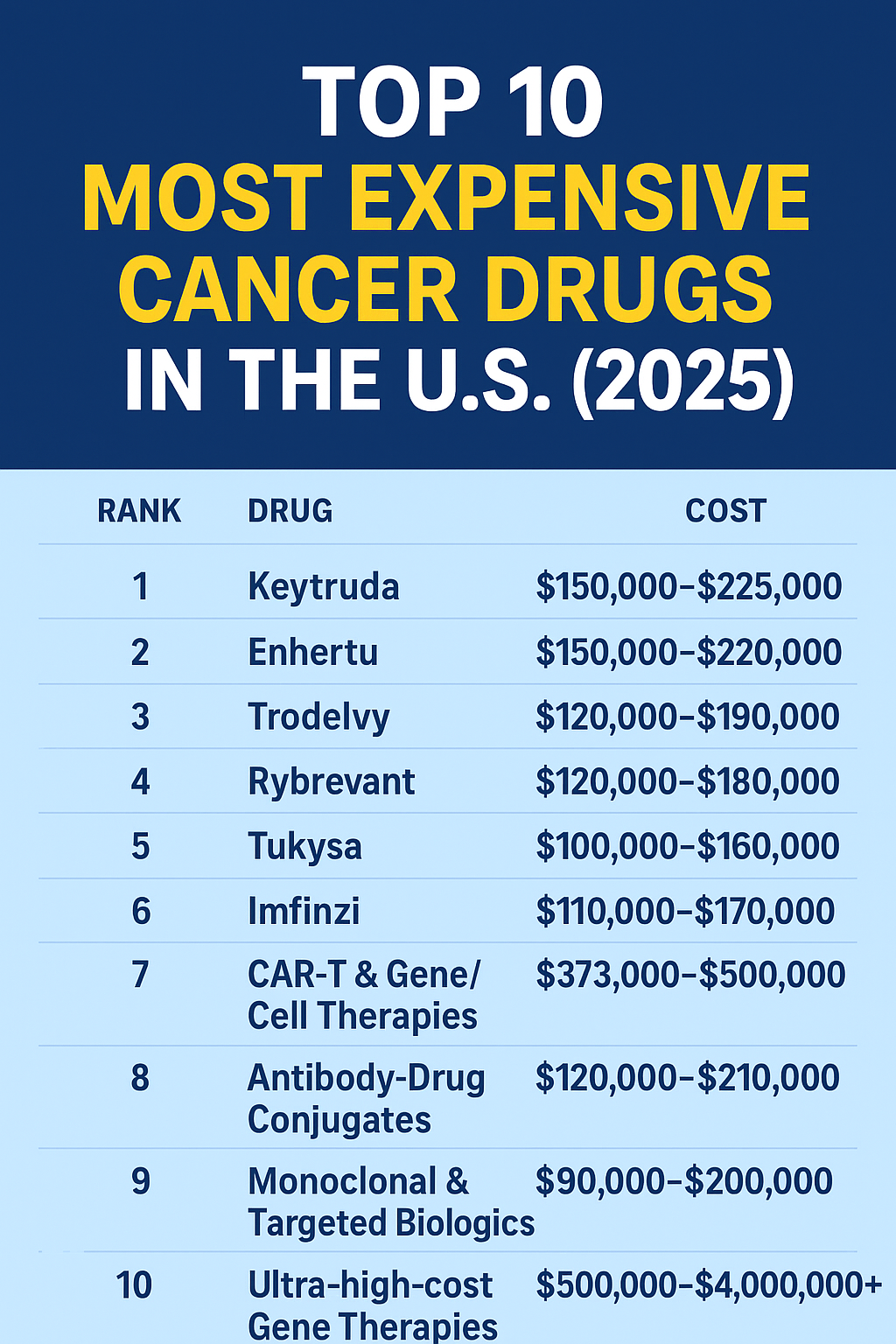

Add a Comment